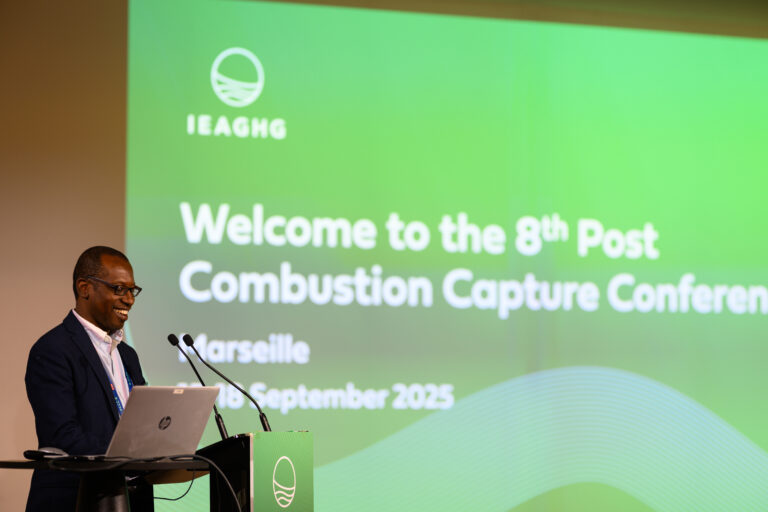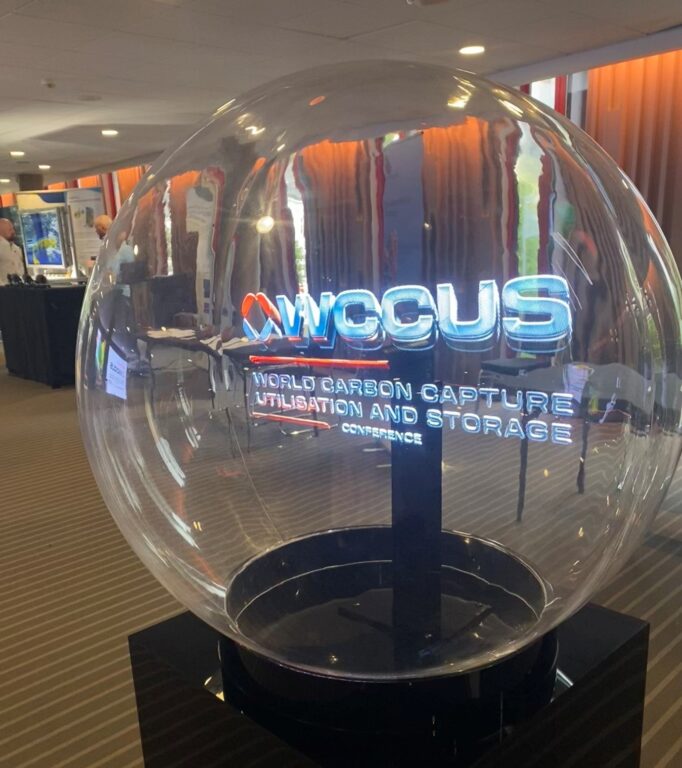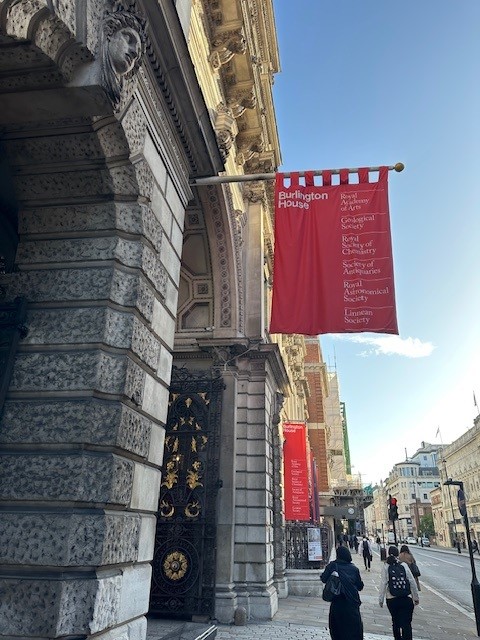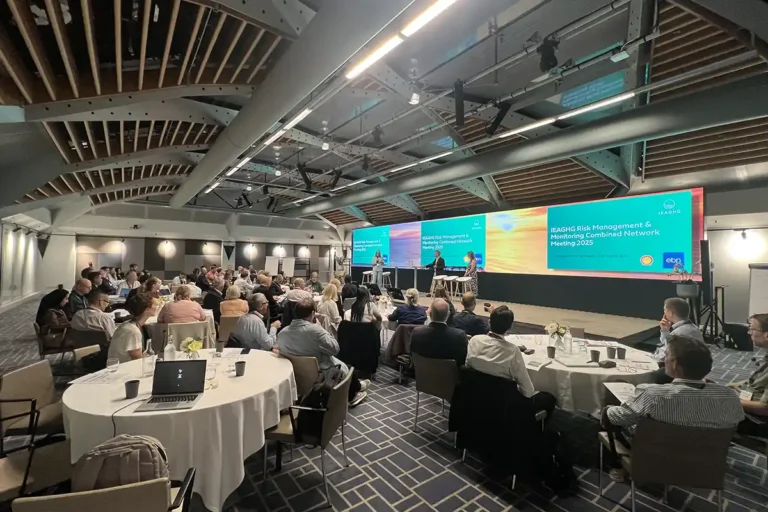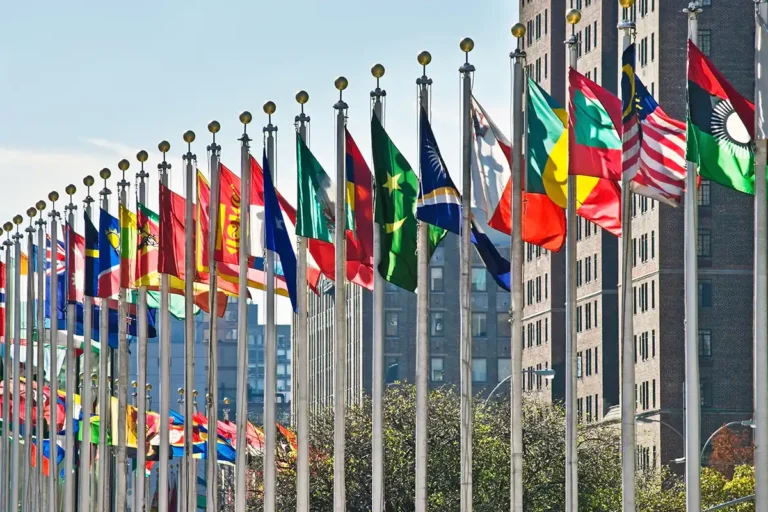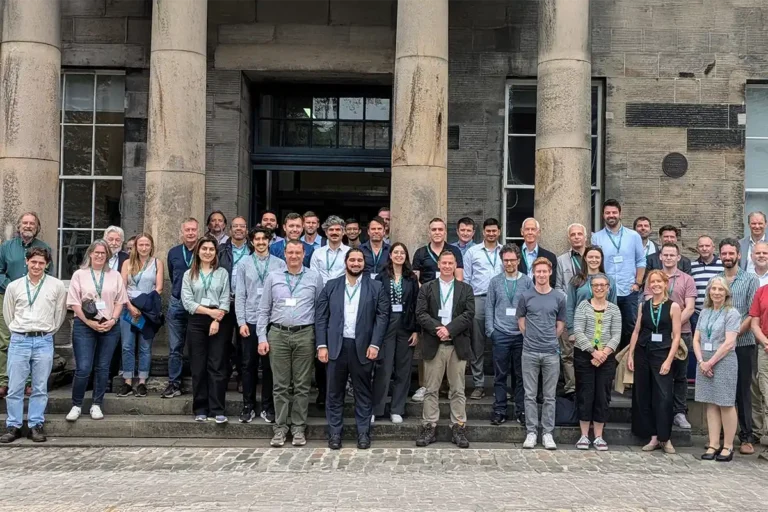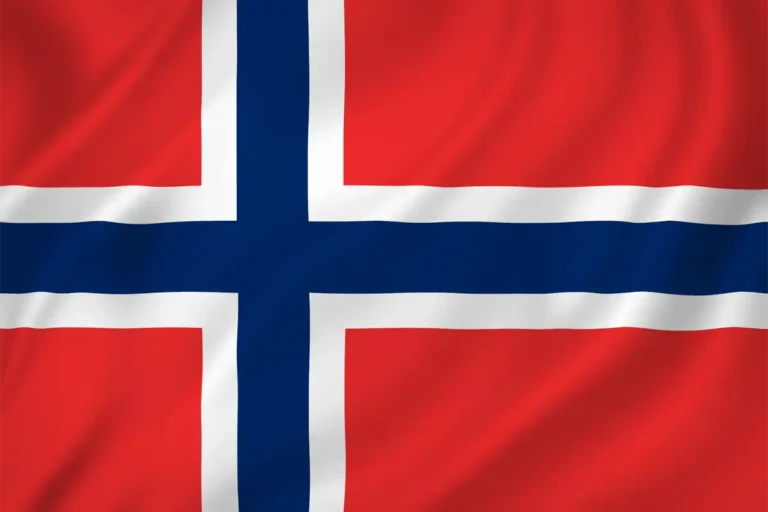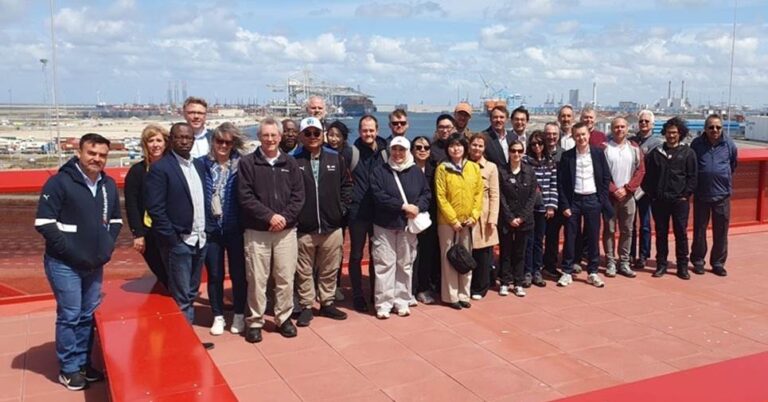
World’s First Commercial Pact on Cross-Border CO₂ Transport and Storage
5 September 2022
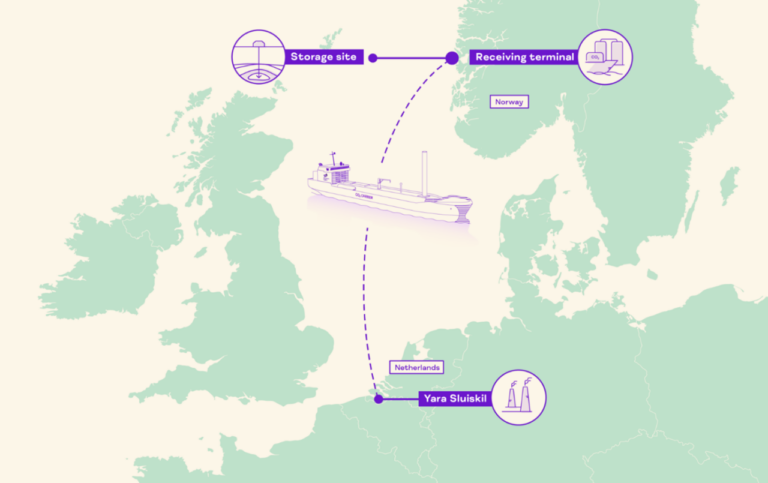
The world’s first and ground-breaking commercial agreement between Northern Lights (a partnership between Equinor, Shell and TotalEnergies) and Yara (one of the world’s largest fertiliser manufacturers) on cross-border carbon dioxide (CO2) transport and storage (T&S) was announced in Stavanger, Norway on the 29th of August 2022. Carbon Capture and Storage (CCS) is a critical climate change mitigation technology and this commercial agreement opens an unprecedented market for cross border CO2 T&S services. The Northern Lights project is initially designed to give European industrial companies a solution to store their CO2 emissions safely and permanently in rock formations beneath the North Sea ocean floor (with Yara Sluiskil as its first commercial partner).
The Northern Lights project (which is a part of Norway’s Longship Project for establishing full-scale CO2 capture, transport, and storage facilities in line with the country’s international climate agreements) is building two dedicated CO2 carriers that will ship captured CO2 from the Netherlands to an onshore terminal on the Norwegian west coast. From there, it will be transported through a 100 km pipeline to be permanently stored in a storage formation some 2,600 meters under the seabed off the west coast of Øygarden, in Norway as illustrated in the figure below. Northern Lights is currently in discussions with other potential customers around Europe, representing 48 Mt of CO2 pa, more than is currently stored worldwide.
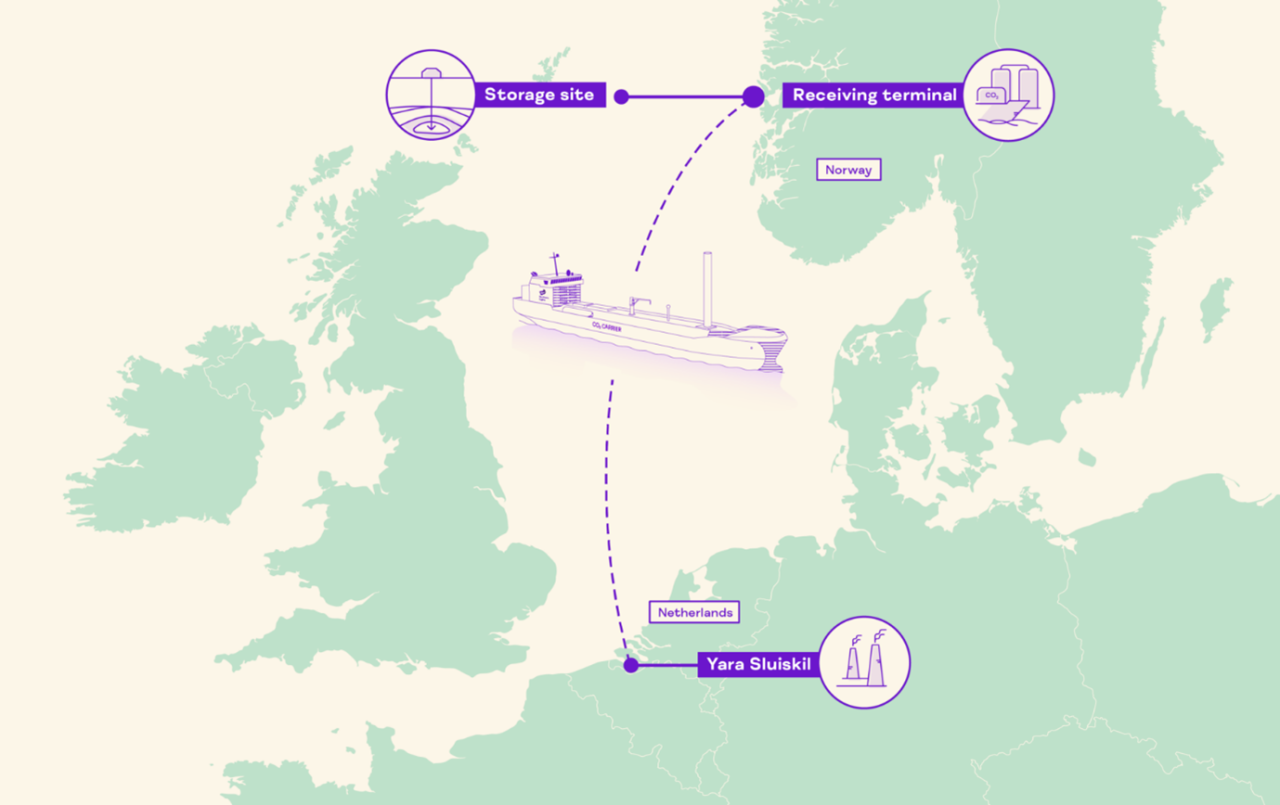 Illustration of the Northern Lights project
Illustration of the Northern Lights project
By comparison the annual CO2 emissions from fossil fuels and the industry in Netherlands and Norway are 138.10 and 41.28 million tonnes respectively. This underscores the need for even more ambitious models (like the Northern Lights) to be deployed across the world to close the value chain gap between large point emission sources and storage sites.
It is important to reference that this cross-border CO2 T&S development was enabled because of the London Protocol CO2 Export Resolution (see IEAGHG Technical Review 2021-TR02). Article 6 of the London Protocol prohibits export of waste or other matter for dumping in the marine environment. Therefore in 2019, Contracting Parties to the London Protocol adopted a resolution to allow provisional application of the 2009 amendment to Article 6 of the Protocol to allow export of CO2 for storage in sub-seabed geological formations. As a result, this resolution symbolises the removal of the last significant international legal barrier to CCS and signifies that CO2 can be transported across international borders to offshore storage.
This project will go down in history as the first of its kind in the world, to being able to uptake and store CO2 from international sources. The success of this first ever cross-border, open-source CO2 T&S infrastructure network will undoubtedly go a long way to significantly de-risk the international (cross-border) T&S services and consequently unleash the full potential of CCS as a key climate change mitigation technology.
Other articles you might be interested in
Get the latest CCS news and insights
Get essential news and updates from the CCS sector and the IEAGHG by email.
Can’t find what you are looking for?
Whatever you would like to know, our dedicated team of experts is here to help you. Just drop us an email and we will get back to you as soon as we can.
Contact Us NowOther articles you might be interested in
Get the latest CCS news and insights
Get essential news and updates from the CCS sector and the IEAGHG by email.
Can't find what you are looking for?
Whatever you would like to know, our dedicated team of experts is here to help you. Just drop us an email and we will get back to you as soon as we can.
Contact Us Now

